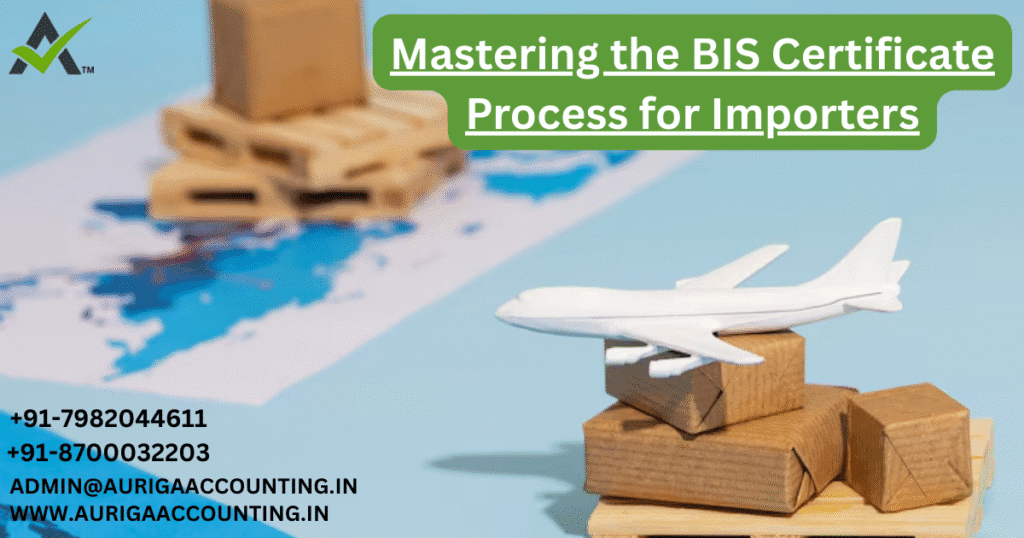
Mastering the BIS Certificate Process for Importers
Introduction
ToggleIntroduction: Why the BIS Certificate Matters for Imports
The BIS (Bureau of Indian Standards) Certificate is a mandatory requirement for many products entering the Indian market. It ensures that imported goods meet India’s strict quality and safety standards, protecting consumers from subpar or unsafe products. This certification also helps maintain fair trade practices by setting clear benchmarks. Non-compliance can lead to severe consequences such as fines, shipment delays, or outright rejection at customs.
Decoding the BIS Certification Requirements
To successfully obtain BIS certification, it’s crucial to understand the specific criteria relevant to your product. Here are the main factors to keep in mind:
Product Categories: The BIS mandates certification for a wide range of products, including electrical appliances, food items, construction materials, toys, and more.
Documentation: Alongside the application, you’ll need to submit comprehensive product specifications, test reports, and other supporting documents demonstrating compliance with Indian standards.
Testing and Inspection: Some products require sample testing at accredited laboratories or factory inspections by BIS officials to verify quality and safety.
Validity Period: BIS Certificates for imports are valid for a defined period, after which renewal is necessary to continue compliance
Simplifying the Application Process
Although the BIS certification process may seem overwhelming initially, approaching it step-by-step can make it much more efficient. Here are some tips to help you navigate the process with ease:
Understand the Guidelines: Begin by thoroughly reviewing the BIS regulations and guidelines relevant to your product category. This will clarify the exact requirements and help you avoid common mistakes.
Prepare Documentation Early: Collect all necessary documents—such as product specifications, test reports, and factory audit certificates—in advance to prevent any delays.
Collaborate with Accredited Agencies: Work with reputable accredited agencies or consultants who specialize in BIS certification. Their expertise can guide you through each stage and ensure full compliance.
Plan Your Timeline: Keep in mind the processing time for BIS certification, which varies by product type and application completeness. Submitting your application well ahead of time helps avoid supply chain interruptions
Best Practices for Maintaining Compliance
Securing the BIS Certificate for imports is only the beginning; ongoing compliance is essential to keep your import operations running smoothly. Here are some key best practices to follow:
Regularly review and update your product specifications to stay aligned with evolving standards and regulations.
Implement strong quality control processes across your supply chain to ensure consistent product quality.
Stay up-to-date with any changes to BIS guidelines and promptly address new requirements as they arise.
Promote a culture of compliance within your organization, making sure all team members understand the importance of adhering to BIS certification standards
About the Author
Manisha
Manisha is a skilled writer known for her ability to simplify complex legal topics into practical, easy-to-understand guidance. Her work equips entrepreneurs with the legal insights they need to confidently navigate business regulations, helping them launch and manage their ventures successfully












